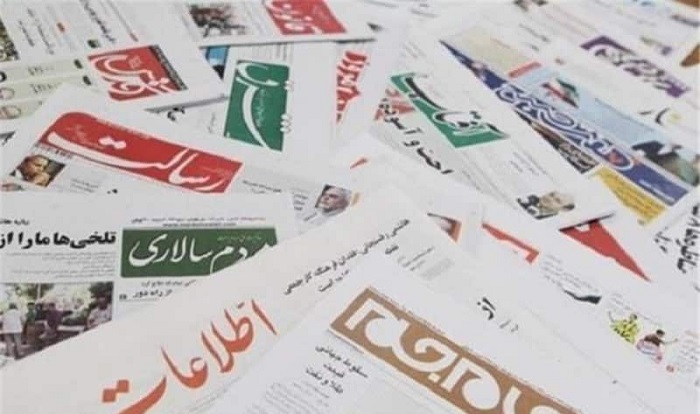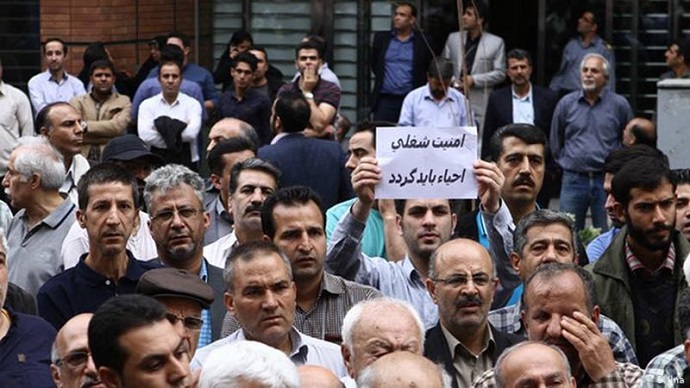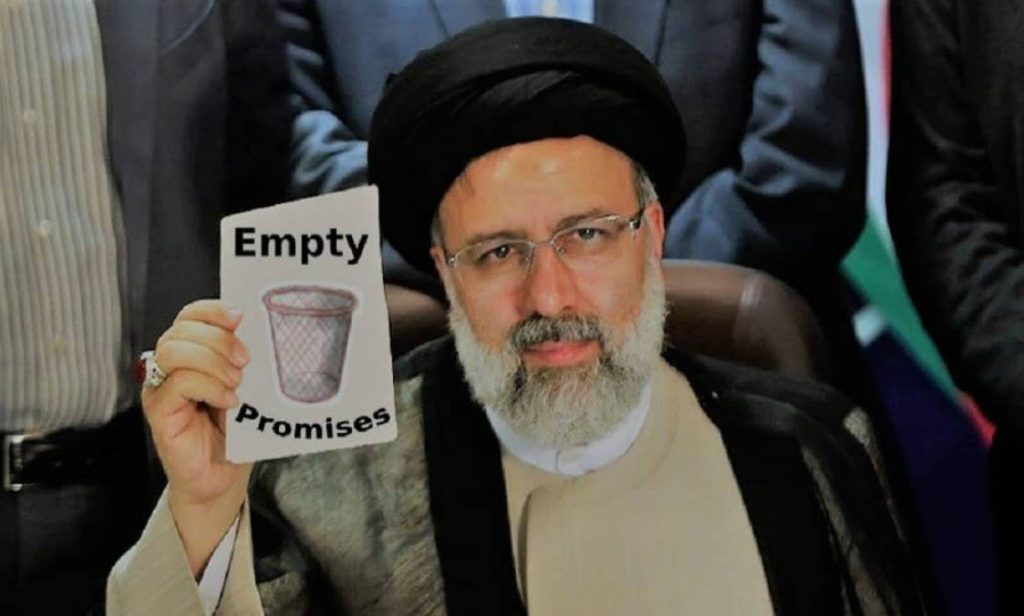
Iran is facing the worst economic crisis in a century, with inflation skyrocketing and the currency losing much of its value, due to corruption and mismanagement by the regime’s officials.
While the regime’s officials have been trying to deny the undeniable financial calamity, state media have acknowledged some aspects of the country’s economic problems. The Iranian economy has been plagued by serious issues that require urgent attention from authorities. Average inflation rates have remained above 40% since 2018, with February point-to-point inflation exceeding 64%. Meanwhile, the volume of liquidity has increased from below 50 quadrillion rials to over 60 quadrillion rials within a year and a half. The regime’s supreme leader, Ali Khamenei, has named the New Persian Year of 1402 the year of “controlling inflation and production growth,” acknowledging the country’s economic crises.
Workers’ salaries should have increased by 46% in 2022, considering the inflation of 40% and the economic growth of 4%. However, the government has set a 27% increase rate, reflecting the lack of economic strategy and the enormous budget deficit.

The regime has refused to increase workers’ salaries in accordance with the inflation, thus damaging the country’s production.
Raisi, who has barely passed elementary school and is known as an unscrupulous mass murderer, has been making bogus claims such as “eradicating poverty in two weeks” or calling his government, filled with criminals, “the government of deprived.” His government has overseen significant price increases in areas such as water, electricity, plane tickets, currency, gas tariffs, and car services, leading to further economic collapse.
The government’s wrong policies have led to liquidity growth, plunging the Rial’s value. Private banks produce daily liquidity, contributing to inflation, and the banking system supports this trend. The high inflation rate of above 50% in recent years has further aggravated the situation.

President Ebrahim Raisi’s government has failed to address the country’s economic issues.
The regime’s officials and pundits blame sanctions as the mere source of Iran’s economic problems, but state media have acknowledged in recent days that the state corruption, mismanagement, and ineptitude have ruined Iran’s economy. An economy rattled with corruption, lack of capital security, non-existent property rights, a weak business environment, and widespread corruption in both government and private sectors have hindered economic growth, reduced investments, and led to capital outflows, resulting in a decline in society’s welfare, an increase in poverty, a wider wealth gap, and overall backwardness.
The regime’s inability and unwillingness to address the country’s economic problem adds to society’s restiveness, prompting state media to warn about “severe consequences” amid a nationwide uprising. A ruling system can survive and thrive with popular support. Lacking people’s support will jeopardize a government led by the minority.

